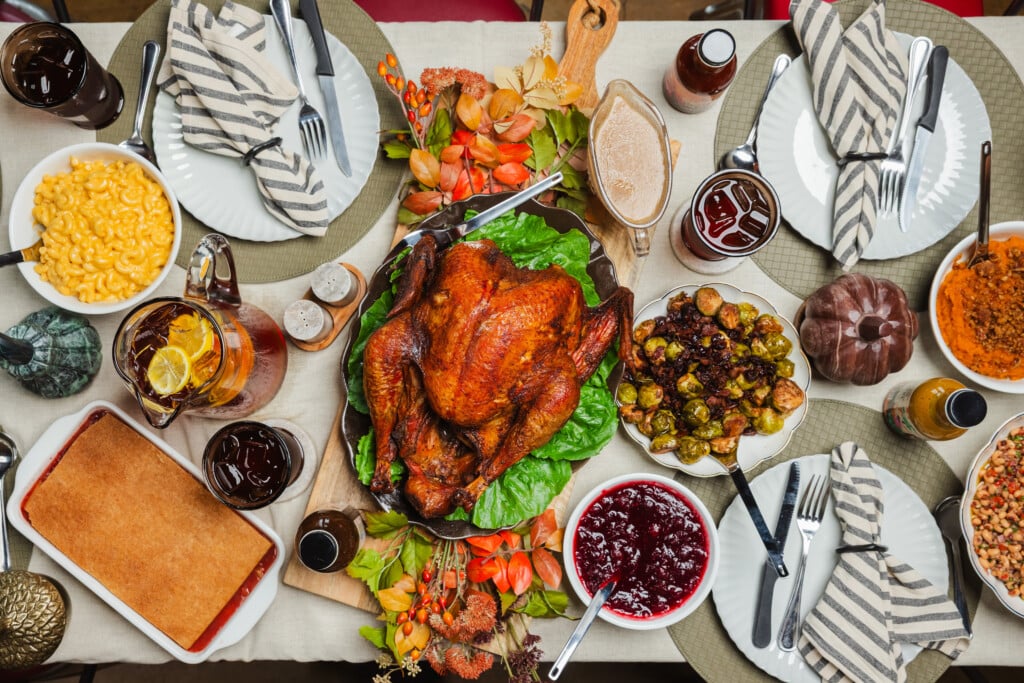Western North Carolina Breweries After Helene
One of America’s most prominent craft beer communities will spend years digging out

In late October, a month after Hurricane Helene, I asked Karis Roberts, executive director of the Asheville Brewers Alliance, what the city’s brewing community needed most. “We’re desperate for grants and funding and capital to rebuild,” Roberts said. “We need funds coming in at really low interest, somehow, and fixed rates. We need a spike in tourism yet again. Just funding coming in on a regular basis.”
It would hold true for any brewing community—any community, for that matter—devastated by floods. But over the past generation, Asheville has developed a renowned independent beer scene, known nationally for brands like Highland and Burial and its status as one of the nation’s leaders in number of breweries per resident.
Helene swept much of it away. Even as they took stock of what they’d lost, western North Carolina brewers understood that they would need help for the long haul. You’re reading this in December or January, but the needs remain, and Roberts joined tourism officials and business leaders throughout the region to encourage people to visit—and spend. Helene arrived at the start of what usually is WNC’s peak tourism season. “I’ve been telling folks,” Roberts says, “that if you already have plans to travel to Asheville, please don’t cancel them.”

Some Asheville breweries, like Highland Brewing, escaped interior flooding but languished for weeks without power or water. Photo courtesy, Fiasco Media Stephan Pruitt Photography
Visitors are critical for small businesses like craft breweries. In the storm’s aftermath, Roberts kept a spreadsheet of 92 western North Carolina breweries and what shape they were in. She used red text to indicate 15 that had sustained severe damage—not even counting the many breweries closed because their water service hadn’t been restored. More than once, her notes read: “destroyed—GoFundMe to rebuild.” Another representative note: “Hillman Beer has two locations that are both near the rivers that flooded and will be closed for some time.” Hi-Wire Brewing, which operates a taproom in Charlotte’s South End, suffered “a total loss” to its River Arts District location, which housed the brewery’s headquarters and distribution center.
As of October, Roberts and the Brewers Alliance did not have a clear picture of how many Asheville-area breweries would reopen. (When we spoke, Roberts still lacked running water and reliable internet service at her home.) She had spent the previous week coordinating deliveries of potable water by 6,500-gallon tanker truck from a supplier in nearby Henderson County. The Alliance bought the water and sold it to members. Larger breweries could buy by the truckful, she explained; smaller ones could purchase smaller amounts. You can’t brew beer without clean water.
“Our needs are going to continue to fluctuate as we reassess what we need and how everything’s working,” she said, “because a lot of our breweries right now are contract brewing instead of brewing on-site just because the water is that expensive.”

Charlotte breweries helped: Katie Dickman and Jordan Marcello of NoDa Brewing loaded cans of water for Asheville brewers. Photo courtesy of Jacob Virgil/Noda Brewing Co.
For months to come, Asheville-area breweries will gladly accept the help offered by their brewing brothers and sisters throughout the country, many in Charlotte. Roberts specifically mentioned NoDa Brewing Co., which, in the first week after the storm, served as a distribution center for water and other supplies to western North Carolina. Birdsong, Triple C, Sycamore, and Lenny Boy were among the Charlotte breweries that contributed to a 4,500-case shipment of water in early October, said Matt Virgil, NoDa Brewing’s co-owner and operations director.
“That was something that was really powerful for me,” Roberts said. “Sadly, in times of crisis, (a collective) really is a great unifier for things like purchasing bulk materials, organizing, and helping one another on a larger scale.”
HOW TO HELP
The N.C. Craft Brewers Guild has set up a nonprofit, the N.C. Craft Brewers Foundation, that accepts donations and distributes hardship and development grants.
The Guild also has a page for relief and support, including links for brewery jobs for displaced workers and the Pouring for Neighbors initiative, in which breweries around the country can reserve proceeds from beer sales to benefit western North Carolina breweries.
DSSOLVR, a downtown Asheville-based brewery, has launched Higher Calling, a project to raise funds for the Craft Brewers Foundation through sales of a hazy IPA. The brewery is offering the recipe, label, and a list of suppliers to fellow brewers.
Sierra Nevada, the California brewery with a production center in nearby Mills River, is donating $1 per barrel of its popular Celebration Fresh Hop IPA to the foundation.






